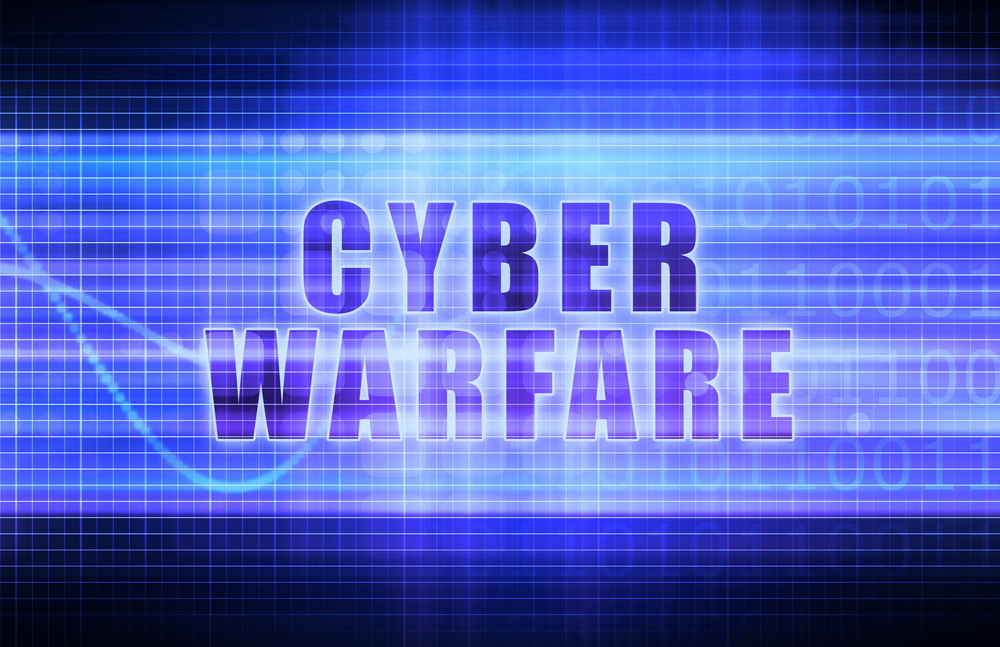The United States and many other countries often engage in cyber attacks against business entities and geopolitical rivals. These clandestine operations range from barely noticeable to wholly disruptive. The U.S. has been the victim of many such attacks in recent memory, but our responses to them have been somewhat locked up in bureaucracy. President Donald Trump announced recently that the U.S. Cyber Command would be elevated to a Combat Command of its own. Let’s take a look at exactly what that means.
Cyber Command Is now Officially its Own Combat Command
Elevating Cyber Command to a combat command status is a big development. Previously, any operation within cyberspace had to go through one of the existing combat commands, all of which are based on geographical region. Any cyber operation in Japan would fall under Pacific Command, any in Germany would be European Command, and so forth. Because of that, many operations would get bogged down when they moved to another part of the world. Different parts of the world meant different combat commands to work with.
The problem with that is fairly obvious. Cyberspace is its own region and it is not necessarily tethered to specific locations outside of their physical servers — and even those can be hidden, moved, or otherwise obfuscated. The new Cyber Command designation will help streamline any operations that are currently running and make future operations more efficient. It should also help the United States’s ability to respond to the mounting threats and attacks from foreign and domestic actors. President Trump also stated that the elevation in status should help secure funding for cyberspace operations as well. Prior to now, the budget for cyber operations has been lumped in with whatever budget the command theater had. In theory, having Cyber Command standing on its own should help it secure more money and have greater autonomy over that money for its operations.
Also as a result of the change, Cyber Command may split away from the NSA. Defense Secretary James Mattis will study this possibility over the course of the next 60 days before making an official announcement on the matter.
The Good, The Bad, and the Worrying
Overall, I think that it is a good sign that the United States is not only recognizing Cyberspace as its own region, but finally taking related operations more seriously. With well-evidenced allegations that the recent presidential election was compromised by foreign actors combined with the many cyber attacks carried out by China on the U.S., it is good that the country is working on bolstering its cyber defenses.
An additional issue arises though. Cyberspace often feels a lot like it is in the ether, but it is well-based in the physical realm. Servers, computers, and networks all have to be placed somewhere. While the United States does exercise its power with impunity almost anywhere, drawing the battle lines in cyberspace may be a bit more difficult. Servers move, attacks are masked, and sovereignty is fuzzy. A wrong move could spark previously unknown retaliation.
This also marks the beginning of an acceleration to a cyber-arms race. Many militaries in the world like to look at what the U.S. is doing and either copy it or build up effective countermeasures against it.
The digital age necessitated this inevitable decision. It will be interesting to follow how an independent Cyber Command will operate in the brave new world of clandestine digital operations.

